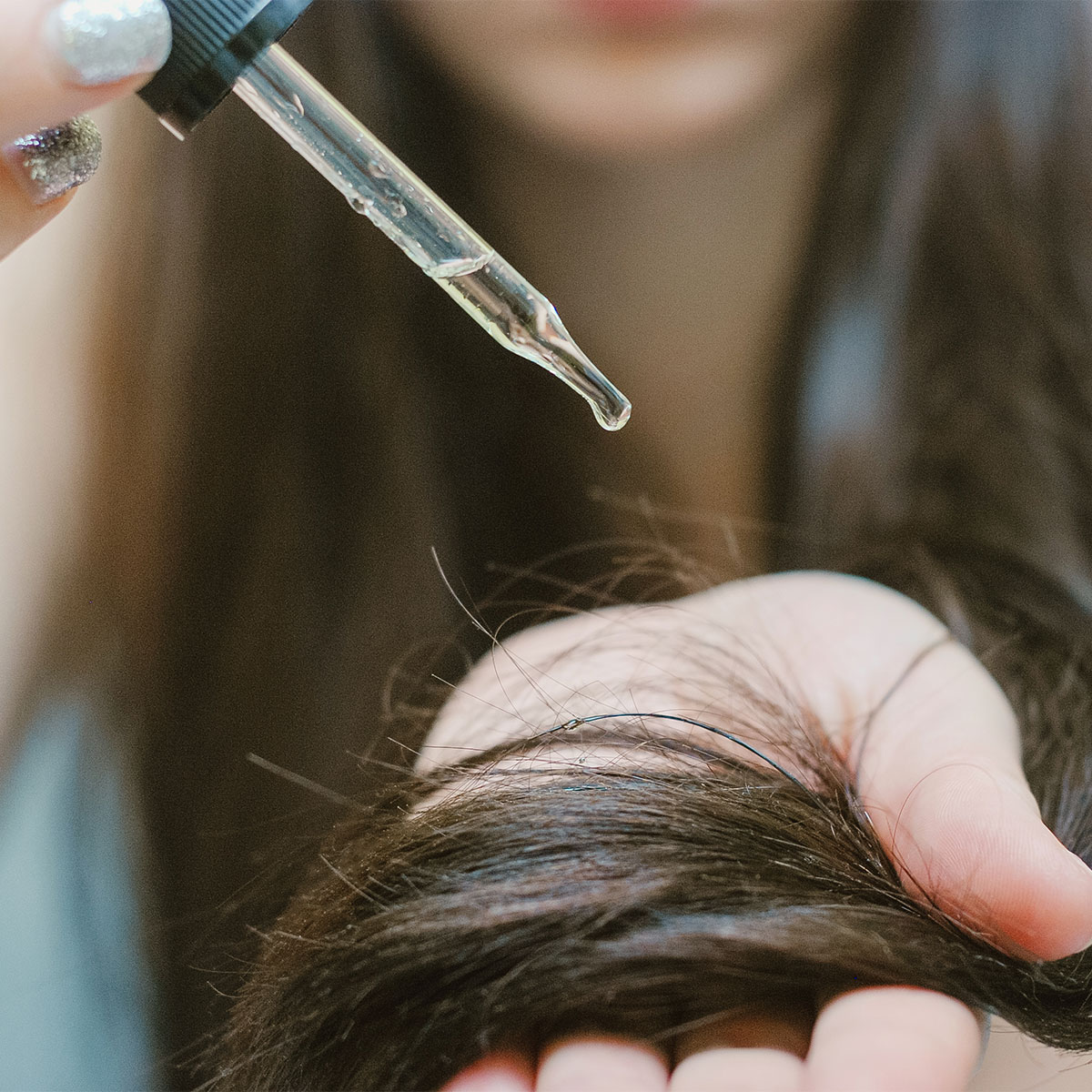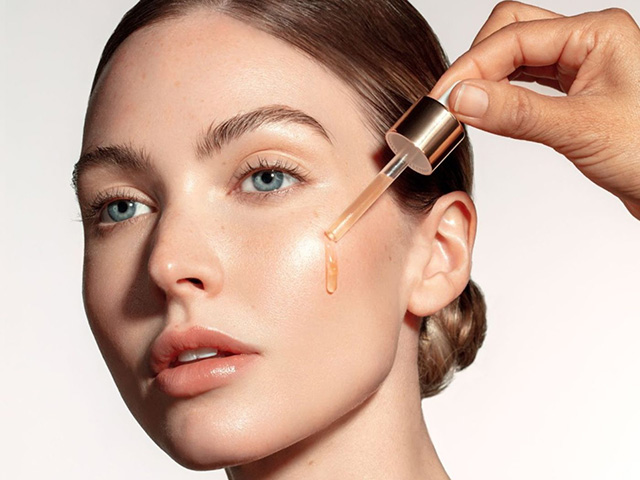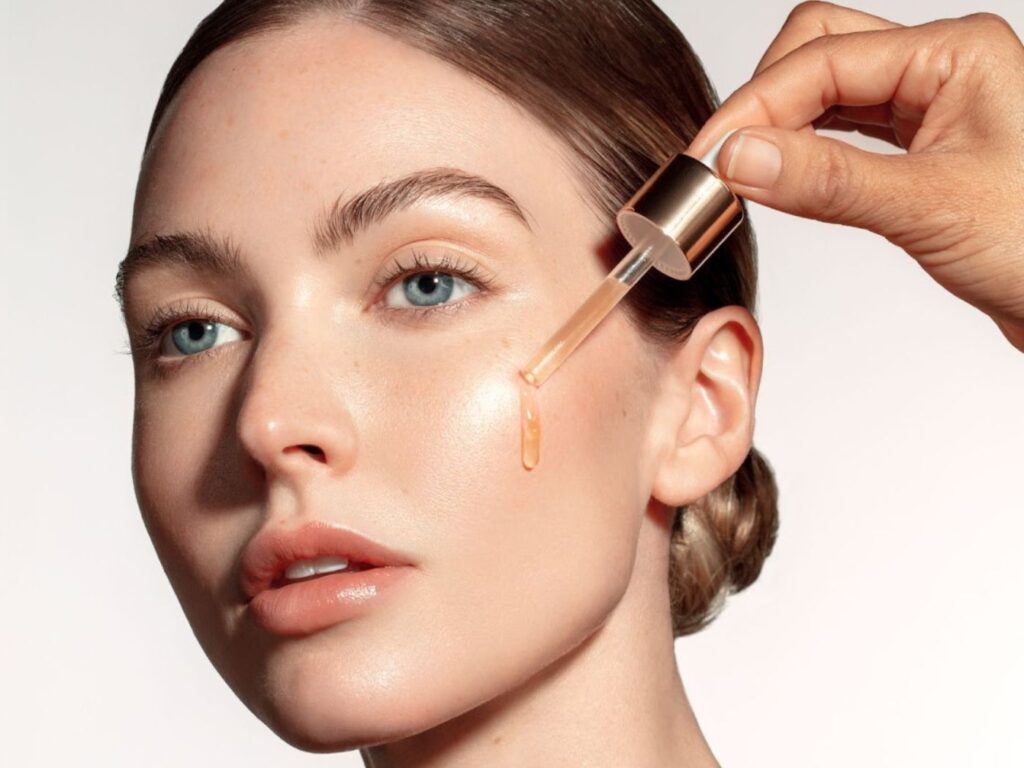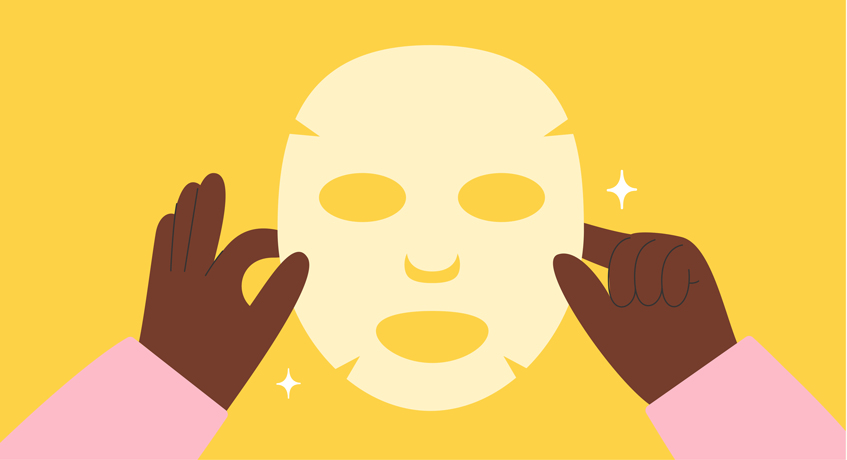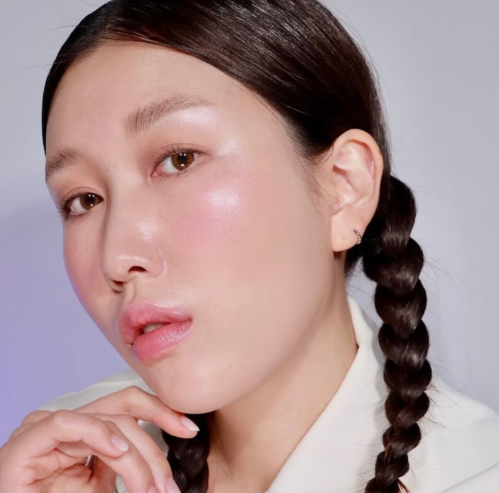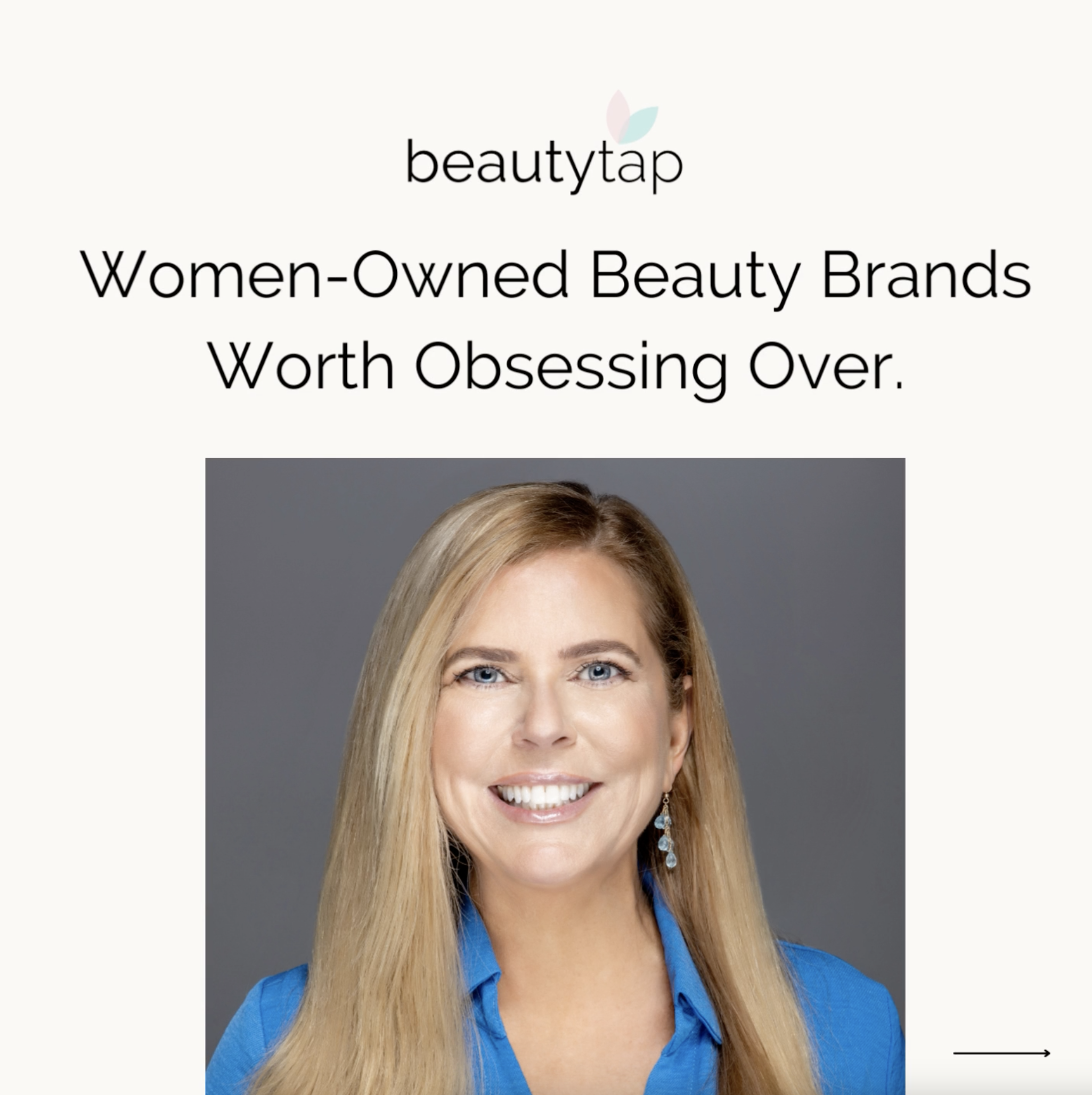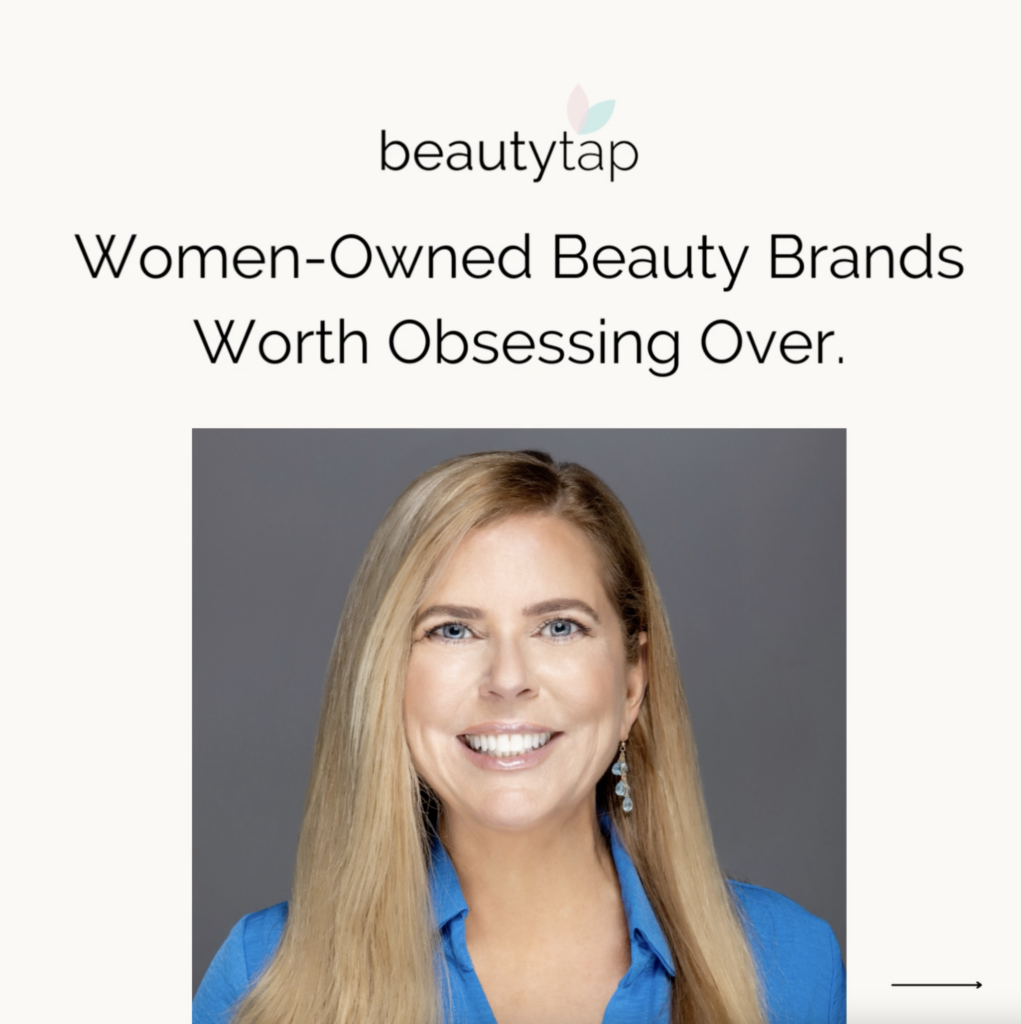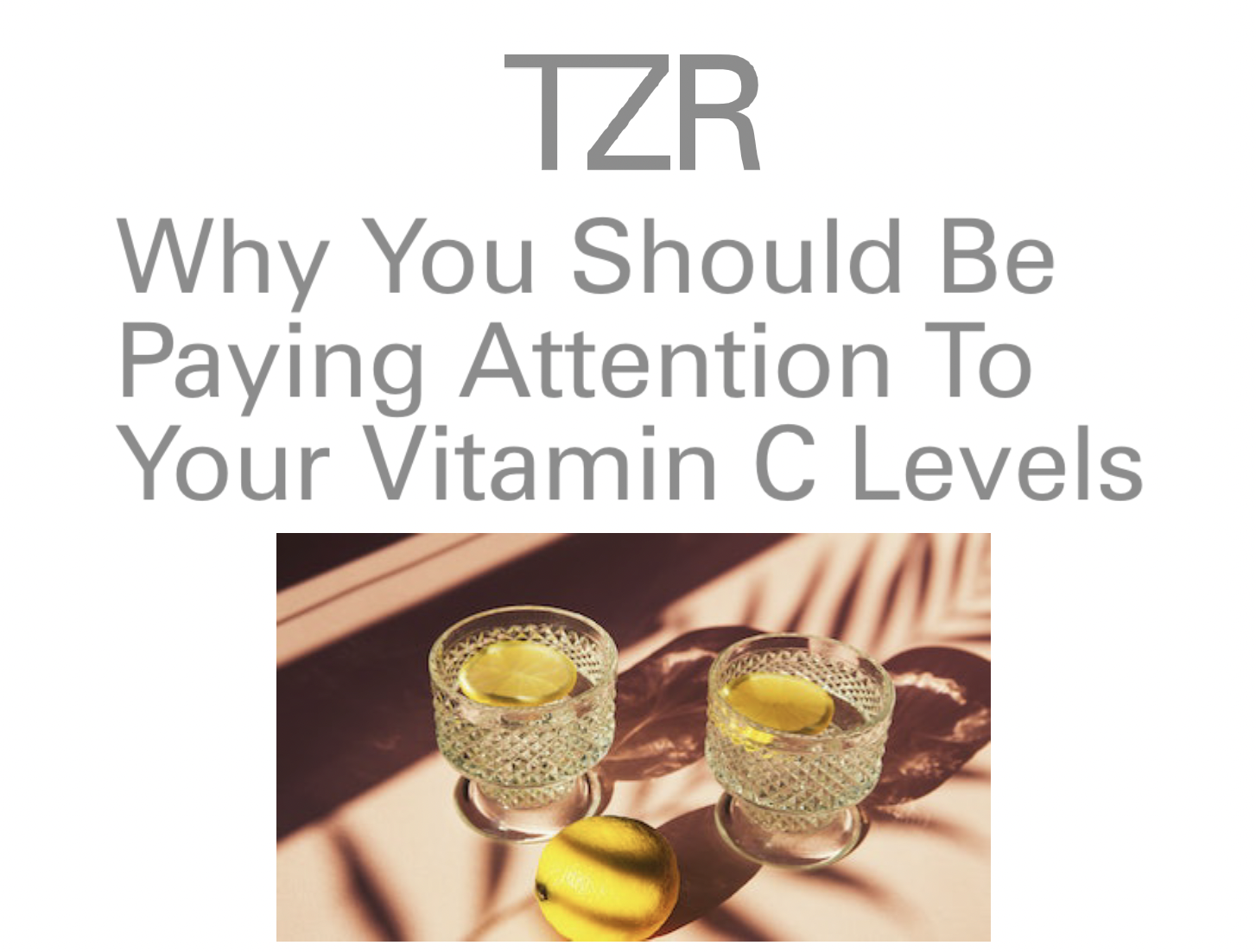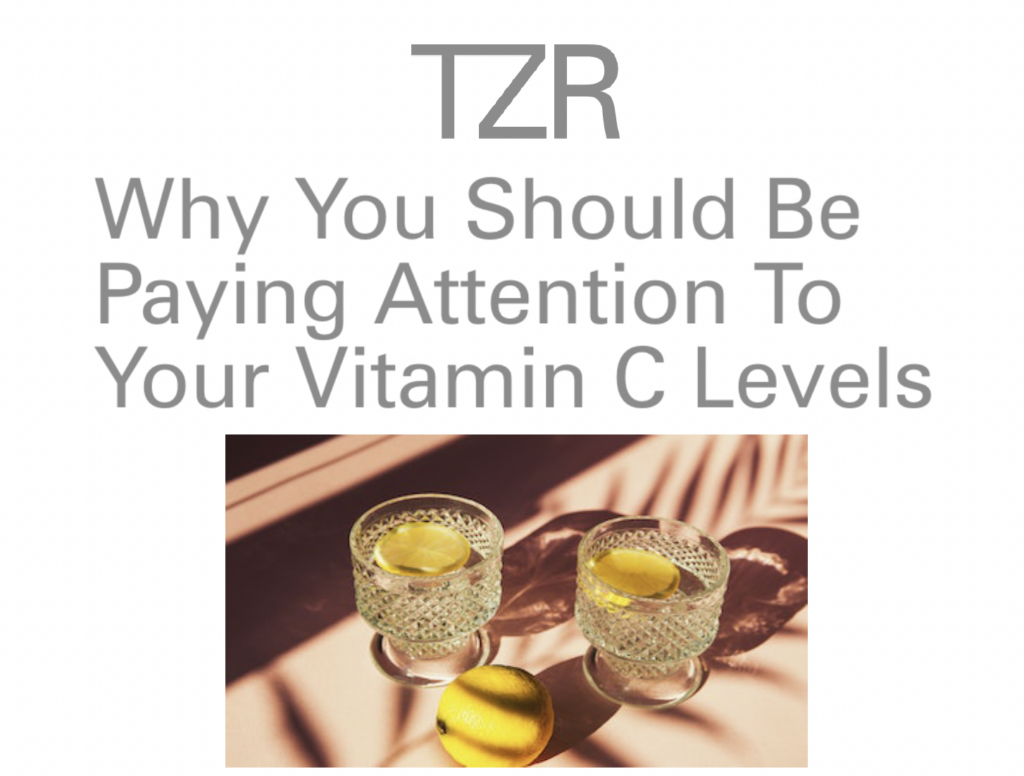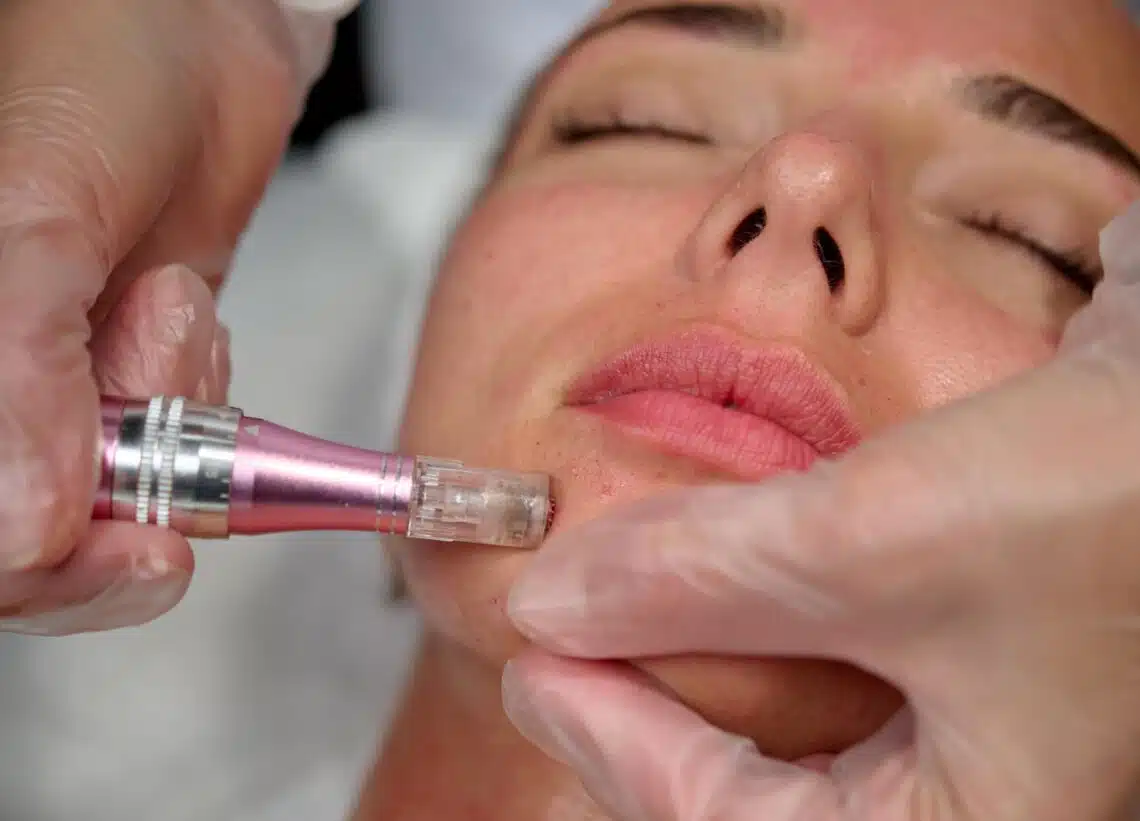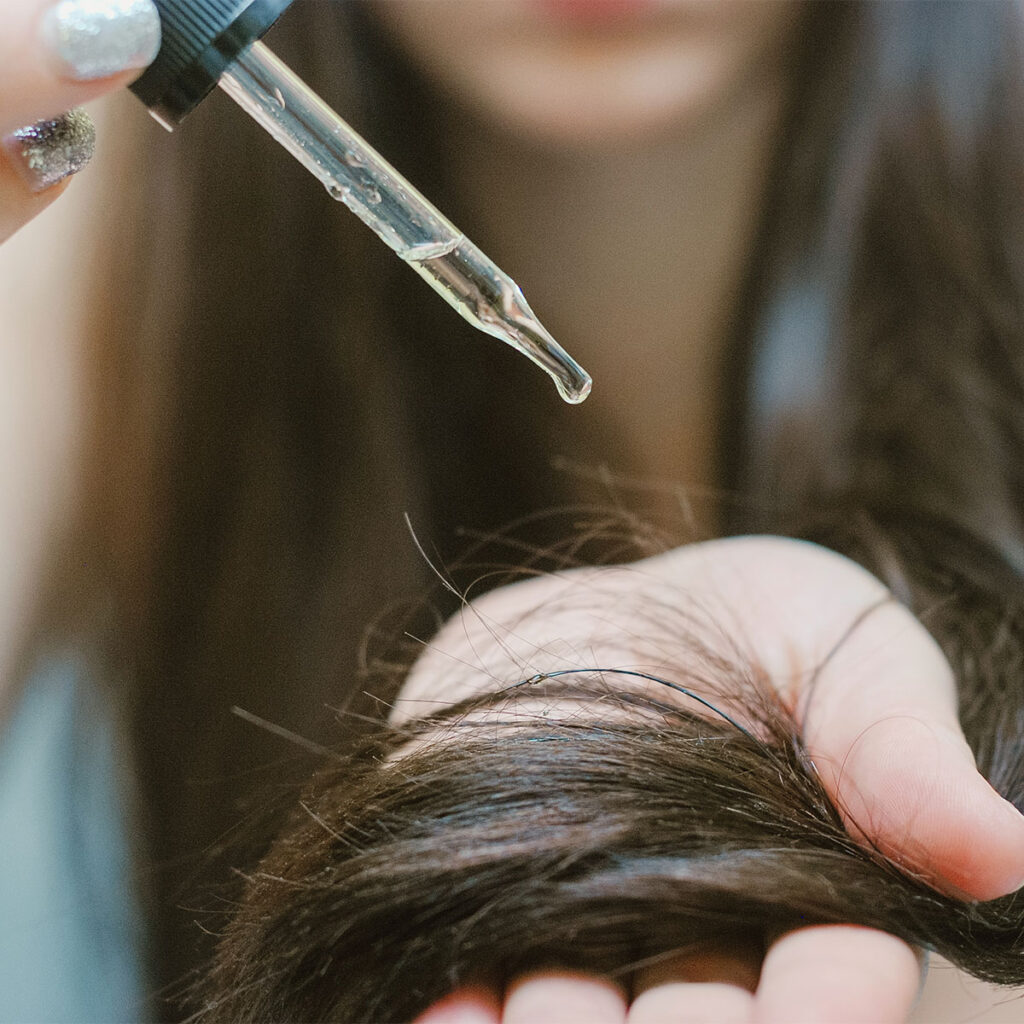
Does Castor Oil Actually Help With Hair Growth? We Asked The Experts
If you’re the type of beauty consumer who is naturally suspicious of any and every product you’re told “really works like magic,” you aren’t alone — and you’re probably very wise to feel that way. The unfortunate reality is that the hair, skincare, and cosmetic markets are oversaturated with products that make huge claims. One day you’re being told a certain serum can banish all of your wrinkles and the next day a hair brand is trying to sell you on the idea that all you need is their shampoo to stop your hair from shedding forever.
The solution you’re seeking is usually more complicated than just using a product or two and often involves changes in diet, lifestyle, and a trip to the dermatologist or trichologist to get a professional’s take. But there’s one natural oil that has stood the test of time and maintained its reputation, while other trendy hair products have come and gone over the years: castor oil.
